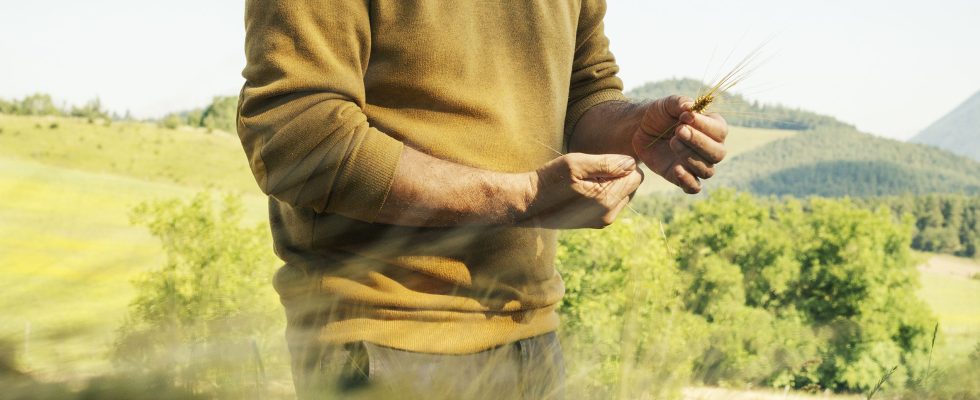If the spirits industry has been moving towards eco-responsibility for a good decade, the climate emergency and its damage are forcing it to accelerate the movement by following a well-defined roadmap: transforming the testing of viticulture and sustainable agriculture, reduce the carbon footprint and promote biodiversity. This vast project has become essential to sustain production and also respond to the aspirations of consumers who demand, according to a recent survey (Ipsos/La Maison du Whiskey), less waste – of water in particular – and agricultural practices that respect the environment. the environment and a reduction in waste production.
Driven by personal convictions, some producers are exploring new ways to achieve this. This is the case of Frédéric Revol, who runs the Domaine des Hautes Glaces, a whiskey factory perched at an altitude of 900 meters in the heart of the French Alps, between the cliffs of the Vercors and the summits of the Ecrins. Its credo: the return to raw materials, naturalness and agroecology. Distillates of rare purity have even changed their packaging to comply with this ethic. “Our beautiful white glass bottle was crystal clear, but it no longer embodied our values, we are now opting for 100% recycled glass and our new format generates an improvement in the Environmental Performance Index of 82%! Even the cap has been redesigned by combining a micro-agglomerated cork body with a head designed from barley grains from our estate”, declares the creator of the first 100% organic farm distillery in the world, purchased in 2017 by Rémy Cointreau.
On the consumer side, something new for those concerned with “sourcing”. They already had the Nutri-score, now we have the Planet-score which, from A (optimal result) to E (unsatisfactory), rates the ecological performance of products through three parameters: the use of pesticides in the plots, the impact of complete manufacturing on biodiversity and the effects on the climate. Vivant, one of the rare spirits brands to be listed (on a voluntary basis), is rated between A and B, depending on the categories, all already certified organic. Disparities appear, for example, between gin which receives a triple A thanks to its mainly French organic raw materials and rum classified B, the molasses being sourced in South America. Which explains the new appetite of the French for national productions.
If the ecological fight is also the business of large groups – like in Cognac where the big houses (Hennessy, Martell, Rémy Martin) walk hand in hand to fight global warming – the mobilization begins at the other end of the chain. More than 150 Parisian wine merchants are already equipped with ecoSPIRITS, a system that allows wine lovers to come and refill their empty 20, 50 or 70 centiliter bottles. Recently, the “ecoSPIRITS retail” program has even offered premium spirits (Compass Box or Armorik whiskeys, Renegade rums), even limited editions. If the flap of a butterfly’s wings can trigger a tornado, why shouldn’t small actions have big effects?
